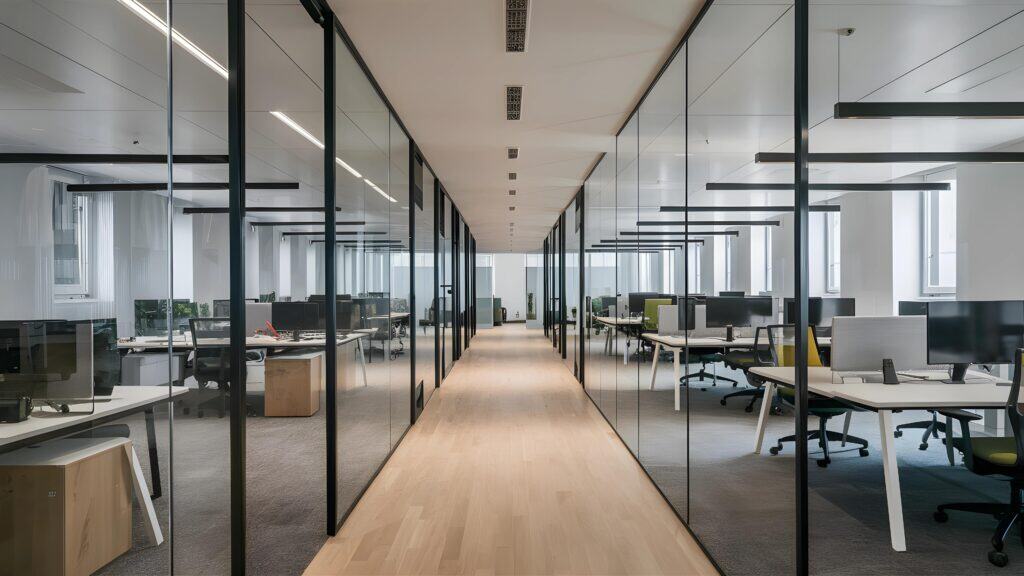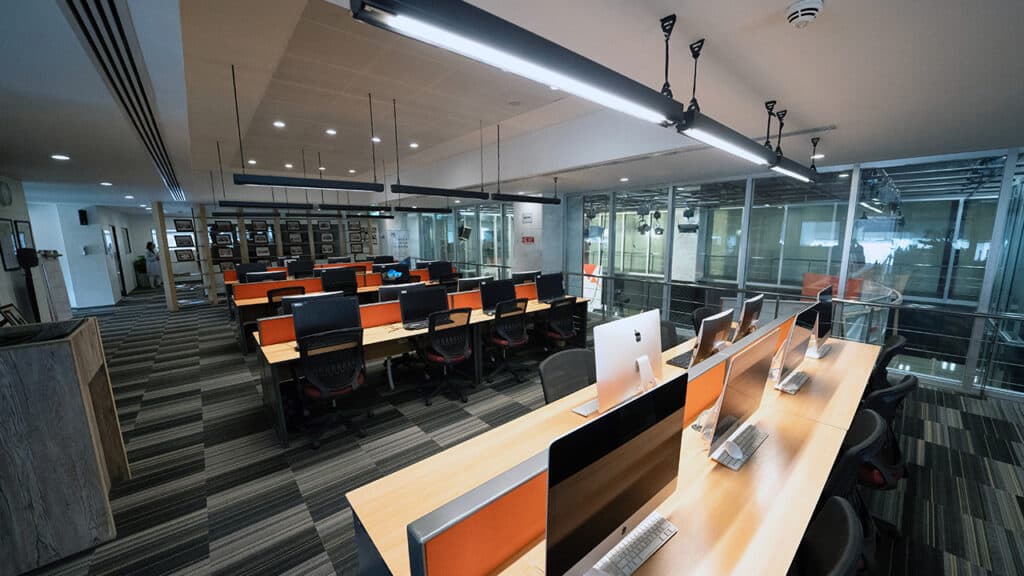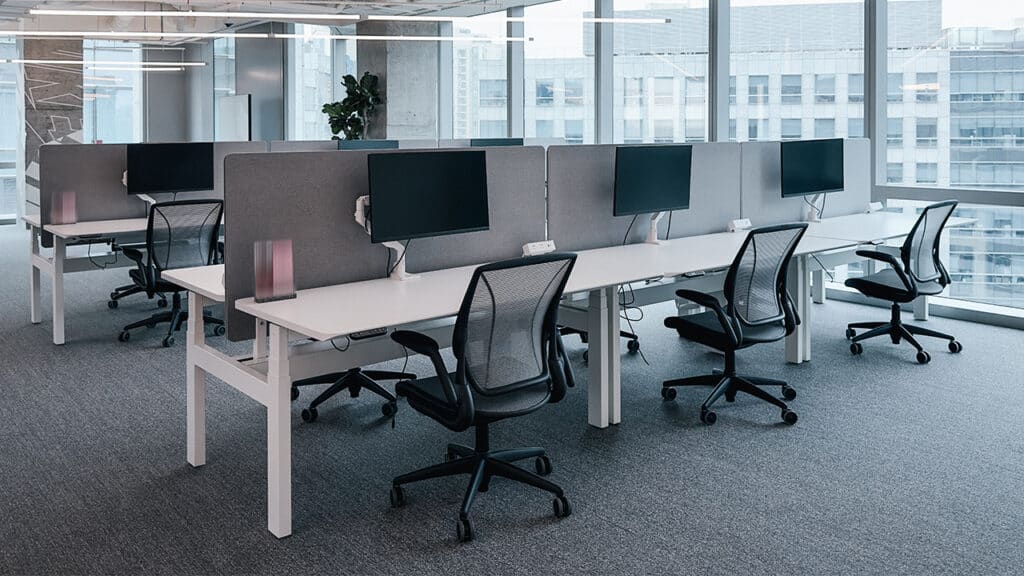Seat leasing has already proven itself as an invaluable solution for startups and SMEs looking to scale rapidly. While its cost-effectiveness and scalability are widely discussed, many companies fail to explore the deeper advantages that come with a well-planned seat leasing strategy. This article dives into the lesser-known facets of seat leasing that can help businesses not just grow, but thrive in highly competitive markets.
- Leveraging Seat Leasing for Cross-Border Market Penetration
Most businesses view seat leasing as an operational solution, but few recognize its potential as a gateway to international markets. By strategically choosing a seat leasing provider in a country with a strong consumer base for its products or services, businesses can establish a foothold in foreign markets without the risk and overhead costs of setting up an independent branch.
For instance, a U.S.-based software company looking to expand its services in Asia could lease seats in the Philippines, not only for customer support but also for localized marketing and sales efforts. By doing so, the company gains cultural insights, local business connections, and the ability to test market demand before making bigger investments.
- Seamless Integration with In-House Teams
A common misconception is that seat-leased employees function as a separate, outsourced entity. However, modern seat leasing agreements allow companies to seamlessly integrate offshore teams with in-house operations. With advanced collaboration tools, performance tracking software, and synchronized workflows, businesses can ensure their remote workforce is fully aligned with internal processes.
Successful integration strategies include:
- Implementing unified communication platforms such as Slack or Microsoft Teams.
- Using project management tools like Asana, Trello, or Jira to ensure smooth workflow execution.
- Hosting regular virtual team meetings to create a sense of unity between onshore and offshore teams.
- Strategic Seat Leasing for Industry-Specific Expertise
Most businesses associate seat leasing with generic roles such as customer support and administrative tasks. However, many providers offer access to highly specialized professionals, including:
- Data analysts and AI specialists
- Legal process outsourcing (LPO) professionals
- Medical transcription and healthcare support teams
- Digital marketing strategists with expertise in SEO, PPC, and content marketing
By strategically leasing seats for niche roles, businesses can gain access to world-class talent at a fraction of the cost, allowing them to stay ahead of industry trends.
- Advanced Data Security and Compliance Management
One of the biggest concerns about seat leasing is data security. However, high-quality seat leasing providers implement strict cybersecurity measures that often surpass those of in-house teams. Some of these advanced security features include:
- End-to-end data encryption for all communications and file transfers.
- Biometric access control for physical office spaces.
- Continuous monitoring of IT infrastructure to detect potential threats.
- Compliance with industry-specific regulations such as HIPAA (for healthcare businesses) and PCI DSS (for financial services).
For example, a fintech company leasing seats for fraud detection and customer verification can benefit from the provider’s security infrastructure without having to invest heavily in its own cybersecurity framework.
- Business Continuity Planning (BCP) and Disaster Recovery
Natural disasters, pandemics, and political disruptions can halt business operations overnight. Advanced seat leasing providers often have built-in business continuity plans (BCP) to ensure seamless operations during crises. These include:
- Redundant internet and power supply to prevent outages.
- Remote work contingencies allowing employees to continue working in case of office closures.
- Alternative office locations in different regions to distribute risk.
Businesses leasing seats in countries prone to natural disasters, such as typhoons or earthquakes, should specifically look for providers with a strong disaster recovery track record.
- Cost Optimization Through Hybrid Seat Leasing Models
Traditionally, companies choose between fully managed seat leasing (where the provider handles everything) and co-managed seat leasing (where the client has more direct control). However, hybrid models are emerging, offering a mix of in-house and outsourced management to optimize costs while retaining operational flexibility.
Some companies lease seats for non-core tasks (e.g., customer service, HR, IT support) while keeping mission-critical functions in-house. This hybrid approach allows businesses to maintain full control over key operations while benefiting from the cost-efficiency of seat leasing.
- Leveraging Seat Leasing for 24/7 Operations
One of the biggest competitive advantages in today’s global economy is the ability to provide round-the-clock service. Seat leasing providers in different time zones allow companies to operate 24/7 without requiring costly overtime for in-house staff. This model is particularly beneficial for:
- E-commerce businesses handling international customer inquiries.
- IT companies providing 24/7 tech support.
- Financial institutions that require continuous monitoring for fraud detection and compliance.
For example, a U.K.-based tech company can lease seats in the Philippines for nighttime IT support, ensuring clients in the U.S. and Canada receive real-time assistance.
- The Role of Seat Leasing in Remote Work Trends
With remote work becoming the norm, businesses are rethinking traditional office spaces. Seat leasing providers are adapting to this trend by offering:
- Hybrid work models, where employees split time between remote work and office attendance.
- Fully remote seat leasing, where providers supply the necessary hardware and software while employees work from home.
- Flexible workspace solutions, allowing businesses to scale up or down depending on seasonal demand.
For example, a digital marketing agency can lease remote seats during peak campaign seasons and scale down when demand decreases, reducing unnecessary costs.
- Legal and Tax Advantages of Offshore Seat Leasing
Beyond cost savings, seat leasing can provide significant legal and tax benefits. Many countries with established BPO industries offer tax incentives and relaxed business regulations for foreign investors, such as:
- Tax breaks for companies outsourcing to specific regions.
- Reduced corporate tax rates for businesses operating in economic zones.
- Streamlined business registration processes for offshore companies.
By understanding these incentives, businesses can maximize their financial benefits while remaining fully compliant with international tax laws.
- Sustainable Growth Through Seat Leasing
While cost reduction is a major factor, the real value of seat leasing lies in sustainable growth. Companies that treat seat leasing as a strategic investment rather than a short-term fix often see the highest returns. By integrating offshore teams into long-term business planning, companies can:
- Expand their global reach with minimal risk.
- Increase operational efficiency through streamlined workflows.
- Build a strong, skilled workforce without heavy capital investments.
For instance, a SaaS company that started with 10 leased seats for customer support may later expand to include software developers, sales teams, and market researchers, creating a self-sustaining offshore operation.
Unlocking the Full Potential of Seat Leasing
Seat leasing is no longer just an alternative to expensive office spaces—it is a powerful tool for business transformation. Companies that leverage seat leasing for market penetration, specialized expertise, business continuity, and legal advantages can gain a significant edge over competitors. By understanding these advanced strategies, businesses can go beyond cost savings and use seat leasing as a driver for long-term success.
For startups and established enterprises alike, the key to maximizing seat leasing is strategic planning. Whether through hybrid models, 24/7 operations, or industry-specific expertise, businesses that embrace these hidden advantages will position themselves as leaders in their respective industries.

NEARSOL is a US-based BPO and service company that offers clients custom-design solutions. With major hubs in Manila and Iloilo, it began operations in 2011 and has since gained a strong presence in the Latin American regions, the Caribbean, and the Asia Pacific, winning many awards for quality and service along the way. Most recent of which is its Great Place to Work-Certified™ Recognition, a global accreditation that tells stakeholders what employees think of the company culture.
Visit our LinkedIn to learn more about our company and our global footprint.





